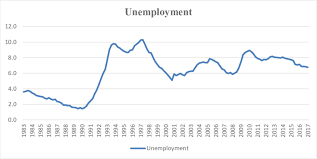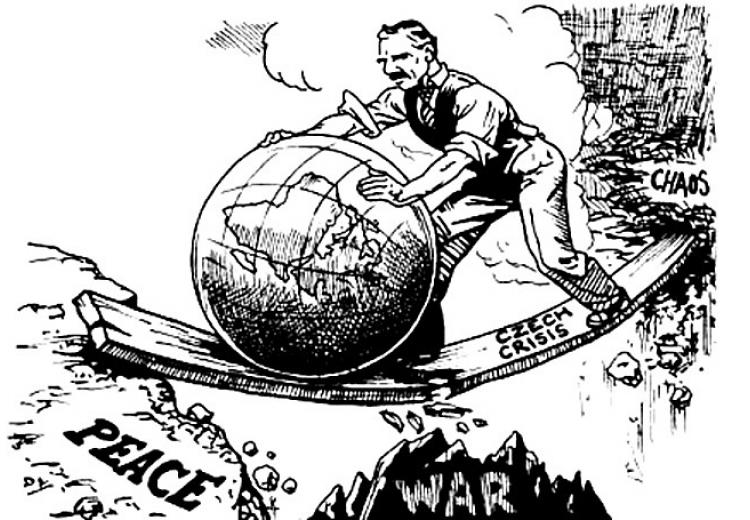In 2006, the United States witnessed a contentious and polarizing debate over immigration reform, culminating in the failure of a comprehensive immigration bill in the Senate. The bill, which aimed to address various aspects of immigration policy, including border security, pathways to citizenship, and guest worker programs, encountered strong opposition from both sides of the political aisle, reflecting the complexities and divisions surrounding the issue of immigration in American society.
The immigration bill, officially known as the Comprehensive Immigration Reform Act of 2006, was introduced in the Senate in May of that year. Crafted through bipartisan negotiations and backed by President George W. Bush, the bill sought to overhaul the nation's immigration system, which was widely regarded as outdated and ineffective.
Central to the bill was a proposal to provide a pathway to legal status for millions of undocumented immigrants living in the United States. Under the proposed legislation, eligible immigrants would have the opportunity to earn temporary legal status, followed by the possibility of obtaining permanent residency and eventually citizenship, provided they met certain criteria, such as paying fines and back taxes, passing background checks, and demonstrating English proficiency.
In addition to addressing the status of undocumented immigrants, the bill included provisions aimed at strengthening border security and enforcing immigration laws. It called for increased funding for border patrol agents, the construction of physical barriers along the U.S.-Mexico border, and the implementation of new technology to monitor and control illegal immigration.
Furthermore, the bill proposed the creation of a guest worker program to address labor shortages in key sectors of the economy, such as agriculture and hospitality. The program would allow foreign workers to enter the United States temporarily to fill jobs that Americans were unwilling or unable to perform, while also providing labor protections and pathways to permanent residency for participants.
Despite its comprehensive approach and bipartisan support, the immigration bill encountered fierce opposition from various quarters, leading to its eventual demise in the Senate. Critics of the bill raised a range of concerns, including fears of amnesty for undocumented immigrants, the perceived inadequacy of border security measures, and the potential impact on American workers and wages.
Conservative Republicans, in particular, opposed what they saw as a lenient approach to immigration enforcement and argued for stricter measures to deter illegal immigration. On the other side of the political spectrum, some progressive Democrats and immigrant advocacy groups criticized the bill for its emphasis on enforcement and its failure to address broader issues of social justice and immigrant rights.
The contentious debate over the immigration bill reflected deep divisions within American society over the issue of immigration. It highlighted the complex interplay of economic, social, and political factors shaping attitudes towards immigration and underscored the challenges of crafting effective and equitable immigration policies in a diverse and dynamic nation.
While the failure of the 2006 immigration bill was a setback for advocates of reform, it did not mark the end of efforts to address immigration issues in the United States. Subsequent administrations and Congresses continued to grapple with immigration reform, leading to further debates, legislative proposals, and executive actions aimed at shaping the nation's immigration policies in the years that followed.






